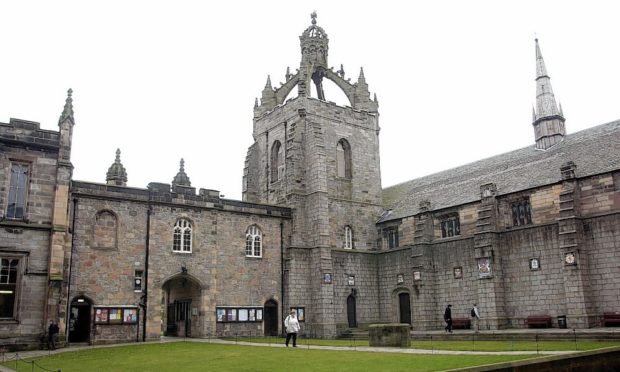A team from Aberdeen University are taking part in the world’s biggest study into the psychological impact of Covid-19.
The global project is examining the effect of the pandemic on emotional wellbeing and resilience, as well as the psychology behind public health messaging such as washing hands and wearing face coverings.
The study, which is being led by the Psychological Science Accelerator (PSA), spans more than 500 research labs in around 70 countries.
It is the largest network of psychology labs in the world, and more than 22,000 people have taken part in the study worldwide.
Aberdeen University’s contribution to the project – which has been translated into 38 different languages – is being led by Dr Clare Sutherland.
She said: “The Covid-19 pandemic is likely increasing negative emotions and decreasing positive emotions globally. Left unchecked, these emotional changes may have a wide array of adverse impacts.
“In this project, in three studies running simultaneously, we are hoping to increase psychological resilience and decrease anxiety around the pandemic. We are also examining strategies to promote healthy behaviours.
“Here in Aberdeen my role in the project is in recruitment and data collection. We are hoping to recruit as many people as we can.
“Our study will help find real-world psychological solutions to help increase resilience and decrease pandemic anxiety. We will also use the results to inform policy makers and the media about the best way to report on the pandemic.”
The primary aim of the study is to provide strategies to increase mental wellbeing and reduce anxiety.
Dr Sutherland added: “The study represents one of the largest sets of data on how people think and behave in a pandemic situation, which will allow robust tests of leading psychological theories.
“Large-scale, multi-lab collaborations are increasingly being used to understand serious problems related to behavioural science.
“As an international network, the PSA is able to deploy large, internationally distributed resources and expertise to behavioural science problems – a feature that is a particular asset when confronting truly unprecedented global problems, like Covid-19.
“These are very difficult times but I think it is really exciting to see how people are pitching together from across the world with the hope of creating effective responses.”
Click here for more information or to register an interest in taking part.
